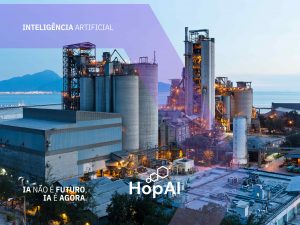Artificial intelligence (AI) plays an increasingly important role in automating processes and improving productivity across industries. With technological advancement and the emergence of sophisticated algorithms. In this article, we’ll explore AI’s role in process automation and discuss some practical examples that demonstrate how it can help developers be more efficient.
Automation of Repetitive Tasks:
AI can be used to automate repetitive, low-value tasks, freeing developers to focus on more strategic activities. For example, creating automation scripts for compiling, testing, and deploying code can be done with the aid of AI, reducing the time and effort required to perform these tasks manually.
Error Detection and Debugging:
AI algorithms can be trained to analyze source code and identify potential bugs or quality issues. These solutions can help developers find and fix bugs faster and more accurately, reducing time spent debugging and improving software quality.
Code Generation Assistance:
AI-powered tools can assist developers with code generation by suggesting code snippets based on static analysis, best practice examples, and programming patterns. This can speed up the development of new features and reduce the effort required to manually write code.
Performance and Resource Optimization:
AI can be used to analyze a system’s performance in real time and make automatic adjustments to optimize resource allocation. For example, machine learning algorithms can be applied to dynamically adjust a web server’s settings based on workload, ensuring the best use of available resources.
Decision Making Support:
AI systems can analyze large volumes of data and provide useful insights to developers, helping them to make informed decisions. For example, predictive analytics can be applied to forecast an application’s demand, allowing developers to adjust resources and capacity in advance.
Artificial intelligence plays a significant role in automating processes and improving developer productivity. With its ability to automate repetitive tasks, detect errors, assist with code generation, optimize performance, and provide decision support, AI empowers developers to be more efficient and effective in their work. As technology continues to evolve, AI is expected to continue to drive process automation and improve productivity in software development. As more companies adopt AI-powered solutions, developers have access to increasingly advanced tools that assist them in their daily work.
However, it is important to highlight that AI does not replace developers, but complements their skills and knowledge. It serves as a powerful ally, allowing developers to focus on higher-value activities such as architectural planning, designing complex systems, and solving challenging problems.
Furthermore, implementing AI-powered solutions requires an ethical and responsible approach. It is essential to guarantee the transparency, security and privacy of the data involved, in addition to considering possible social and ethical impacts.
As AI continues to evolve, we can expect even more significant advances in process automation and increased productivity in software development. Developers will be able to harness the power of AI to improve efficiency, quality and innovation in their projects.
In short, AI plays a crucial role in automating processes and increasing productivity in software development. With its ability to automate repetitive tasks, provide assistance with code generation, optimize performance, and provide valuable insights, AI empowers developers to work more efficiently and achieve better results. By embracing and exploiting AI-powered solutions, developers can drive innovation and stand out in an increasingly competitive market.




